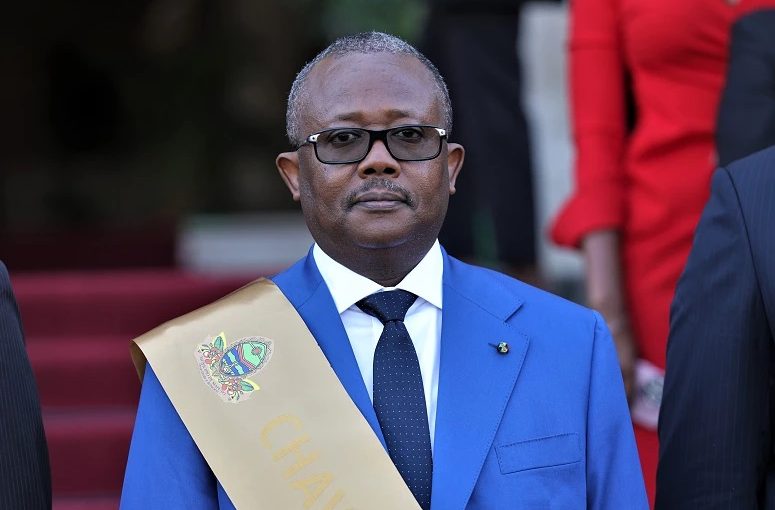Guinea-Bissau president challenges human rights league to prove claims of deaths at dialysis centre

Tensions escalated in Guinea-Bissau on Thursday as President Umaro Sissoco Embaló publicly challenged the Guinean Human Rights League (LGDH) to substantiate its claims regarding alleged deaths at the country’s main dialysis centre.
In a scathing address following a cabinet meeting, the president dismissed the organisation as behaving like “a political party,” and questioned the leadership of its president, jurist Bubacar Turé.
Speaking to journalists, President Embaló said, “The Attorney General of the Republic (PGR) must investigate the League’s actions, its objectives, and determine whether everything is in order.
If not, the League must be dissolved.”
His comments came in response to recent allegations made by Bubacar Turé, who asserted last week that “all patients treated at the country’s first dialysis centre, located at Simão Mendes Hospital, had died.”
Simão Mendes is the principal public hospital in the capital, Bissau.
President Embaló strongly refuted the statement, calling it baseless and inflammatory.
“This is false,” he said. “Bubacar was very childish and irresponsible, and no one will deal with him outside the law. He must prove his claims in court.”
Turé was summoned by the Public Prosecutor’s Office on Thursday to clarify his remarks.
However, LGDH leadership has since requested a postponement of the session to allow Turé time to travel to Bissau.
The controversy has sparked nationwide debate over freedom of expression, government transparency, and the role of civil society in holding public institutions accountable.
Critics warn that escalating rhetoric between state authorities and human rights groups could deepen political divisions and erode democratic safeguards.
While the LGDH has not issued a formal response to the president’s latest remarks, observers say the standoff could further strain relations between the government and watchdog organisations as Guinea-Bissau navigates ongoing challenges in its health sector and democratic institutions.
Source: correiokianda
About The Author
dailymailafric
I am an avid African news observer, and an active member of Daily Mail Africa.
I’m Passionate about staying informed on diverse topics across the continent,
I actively contribute to publishing on political, economic and cultural developments in Africa.



